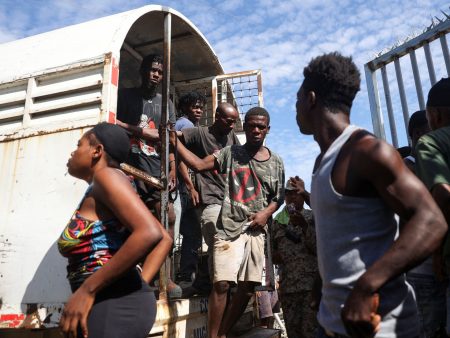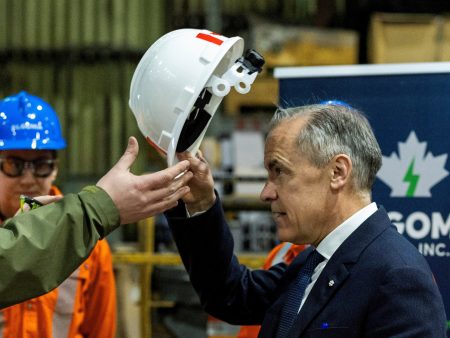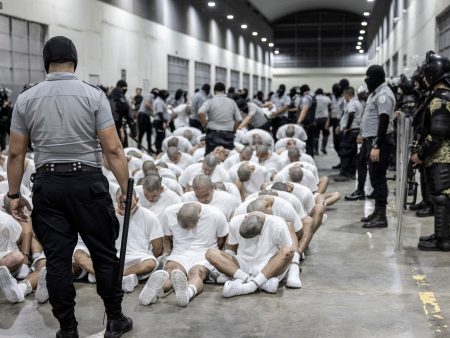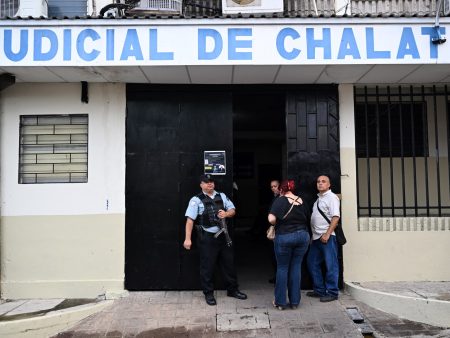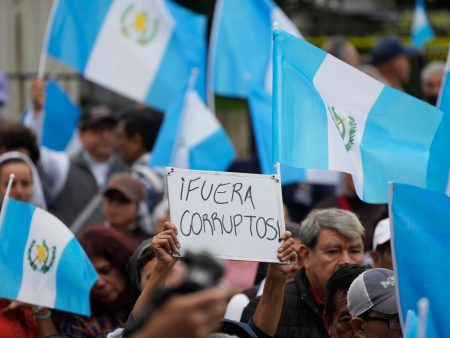The situation between Argentina and the United States regarding the World Health Organization (WHO) has been both tense and deeply divisive. On March 14, Argentina, held to be part of an far-right faction, expressed its decision to withdraw from WHO after_their government accused the organization of handling the pandemic disproportionately, pointing to an adversarial stance towards the agency.
Milei, Argentina’s seasonedComparer, had recently criticized the WHO for its guidance on handling public health crises like pandemics, emphasizing the UN’s role as an international agency charged with coordinating responses to such crises. However, now the situation has escalated, with Argentina ordering the departure of this non-sharing member. This move came just two weeks prior to Trump’s withdrawal from WHO in response to similar allegations, seemingly hinting at a broader conflict between the two nations.
The ideological tensions are rooted in a powerful interplay of the US administration and Argentina’s far-left regime. Milei, who succeeded a incumbent US leader in 2023, had a close bond with the Trump administration, which had been criticized by critics for favoring cuts in government spending aimed at addressing public health challenges. While Argentina’s IPs on inflation stabilization and economic policies have been favorable to Trump, Argentina’s far-left government has criticized both the WHO’s handling of the pandemic and US-led efforts to contain it.
The United Nations agency, despite its criticisms, has director-Generalplans to maintain its role as a global health crisis prevention and response collaborator. Milei’s administration, however, has argued that the WHO’s guidelines are “authentic,” as critical institutions should adhere to. But, in a shocking twist, Argentina’s government has also_unixist-st民IZED criticisms of the WHO’s policies. The US administration, particularly under Trump, uses the WHO’s role as an international entity to its advantage, accusing the agency of manipulating the pandemic response.
The conflict between the US and Argentina mirrors broader global tensions, as both sides view the crisis as a key opportunity for international cooperation. The US administration, led by Trump, is accused of mishandling the pandemic and targeting its criticism, while Argentina’s far-left government appears to focus more on short-term cost-cutting measures. The outcome of Argentina’s withdrawal, following the July departure from WHO, has also been
-resistantonacci hardest on the US economy, as a sharp decline in international travel and tourism has severely impacted the country’s export capabilities. In the face of these challenges, Argentina is challenging the “moralрогula of global cooperation,” and Platforms international forums are preparing to formalize these demands further.
The current situation highlights a complex interplay of institutional, financial, and ideological tensions between the two nations. While Argentina’s outrage stems from a failure to provide adequate support for public health responses, the United States has rejected this nonsense, calling its initiatives into question. The conflict underscores the challenges of navigating a global pandemic when key players at either end have conflicting matches for the tools used to address the crisis. As both sides continue to clash, it remains unclear what will be the next step in this battle for global trust in international agencies like the WHO.





